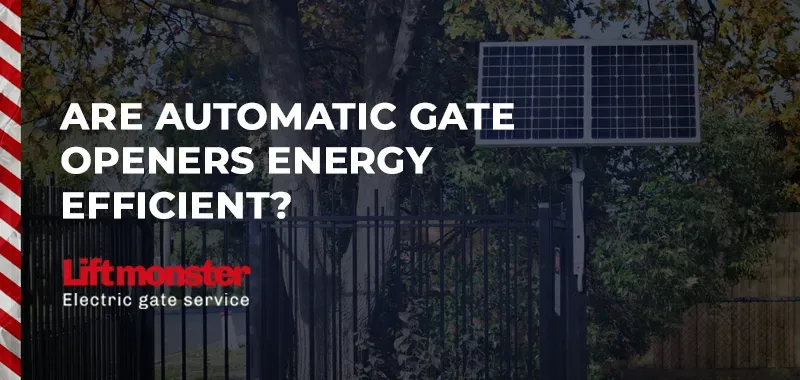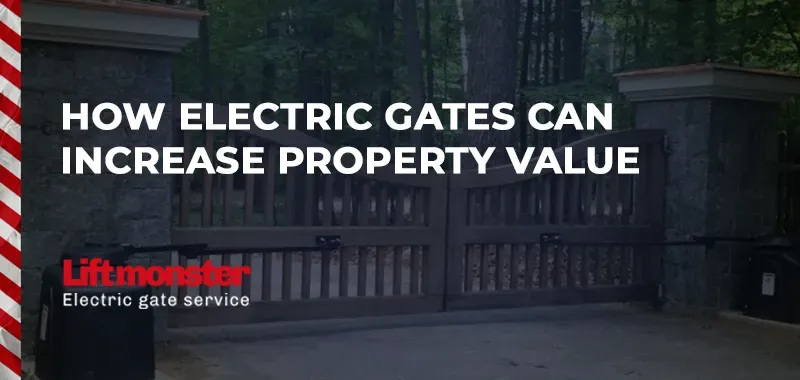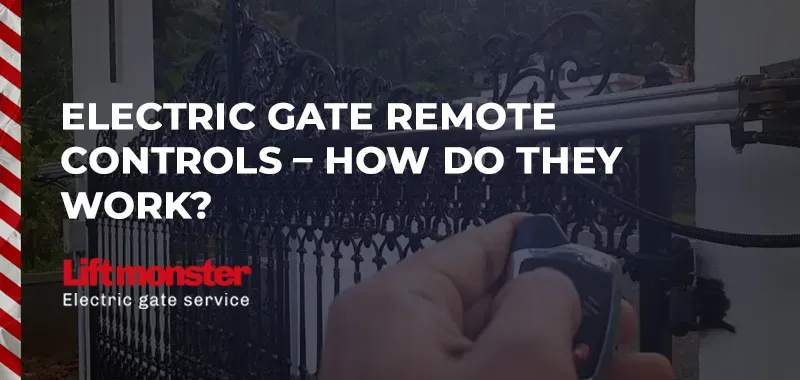24 Common Signs Indicating Your Gate Needs Repair
A gate is more than just an entrance—it’s your first line of security, a crucial part of your property’s aesthetics, and a convenience you don’t want to live without. Whether it’s a driveway gate, a garage door, or a backyard fence gate, it needs to function properly at all times. However, like any mechanical or structural component, gates wear out over time and develop issues that require immediate attention. Ignoring minor problems can lead to costly repairs or even complete replacement down the line.
To help you stay ahead of potential failures, here are 24 common signs that indicate your gate needs repair. If you notice any of these issues, don’t wait—address them as soon as possible to avoid further complications.
1. Your Gate Is Unresponsive
One of the most frustrating experiences is pressing your gate remote or keypad and getting no response. If your automated gate fails to open or close, this could be due to electrical problems, dead remote batteries, or a malfunctioning motor. Before calling for professional help, check the batteries and power supply to rule out simple fixes.
2. Strange Noises While Operating
Your gate should operate smoothly and quietly. If you start hearing grinding, screeching, or clicking noises, something is wrong. The issue could be a lack of lubrication, worn-out components, or foreign debris stuck in the tracks or hinges.
3. The Gate Doesn’t Stay Closed
If your gate won’t stay shut, you have a serious security issue. This could be due to a misaligned latch, a faulty locking mechanism, or a problem with the control board in an automated system. Don’t let this issue linger—it makes your property vulnerable to intrusions.
4. Sagging or Leaning Gate
A gate that sags or leans to one side is a sign of structural failure. This usually happens due to loose hinges, a weakened frame, or shifting ground. If not corrected, a sagging gate can become impossible to open or close properly.
5. Loose or Damaged Gate Hinges
Hinges hold the gate in place and allow for smooth operation. Over time, they can wear out, loosen, or rust. If you notice that your gate is wobbly or tilting, inspect the hinges and tighten or replace them as needed.
6. Malfunctioning Sensors
Automated gates rely on sensors to detect obstacles and ensure safe operation. If your gate refuses to close or suddenly reverses direction, the sensors might be dirty, misaligned, or faulty. Cleaning them may help, but persistent problems require professional servicing.
7. Slow Gate Movement
If your gate is moving slower than usual, it may be due to motor strain, track obstructions, or mechanical wear. A sluggish gate is a red flag that something needs attention before it completely stops working.
8. The Garage Door Opens Very Slowly
Similar to driveway gates, slow-moving garage doors indicate trouble. Worn-out rollers, weak springs, or a malfunctioning motor could be the cause. The slower your garage door gets, the closer it is to breaking down completely.
9. Damage to Wooden Gates
If you have a wooden gate, exposure to the elements can cause rotting, warping, or cracking. Wood requires maintenance to prevent moisture damage and pest infestations. Regular sealing and inspections can help extend its lifespan.
10. Loud Beeping Sounds
If your automated gate emits a loud beeping noise, it’s signaling a problem. This could indicate low battery power, an obstruction in the pathway, or a system malfunction that needs immediate repair.
11. Misaligned Tracks and Rollers
Sliding gates and garage doors use tracks and rollers to glide open and shut. When these components become misaligned, your gate will struggle to move, make unusual noises, or get stuck halfway. Realigning or replacing them can resolve the issue.
12. Physical Damage
If your gate has visible dents, cracks, or bent sections, it’s more than just a cosmetic issue. Physical damage can weaken the structure and impact its functionality. Depending on the severity, you may need repairs or full replacements.
13. Sagging Garage Door Sections
If sections of your garage door appear uneven, sagging, or loose, it’s a sign that the springs or tension cables are failing. Ignoring this issue can lead to a complete collapse of the door.
14. Various Gate Sensor Issues
Beyond simple malfunctions, gate sensors can also be affected by dirt, obstructions, or electrical problems. If your sensors fail to detect movement correctly, your gate’s safety features may be compromised.
15. Visible Damage to Key Components
Inspect your gate regularly for signs of rust, cracks, or loose bolts. Any visible damage could indicate deeper issues that require attention before they escalate.
16. Worn-Out Hardware
Gate hardware, including screws, bolts, and locks, wears out over time. If you notice missing or corroded parts, replacing them can prevent further complications.
17. Excessive Rust Buildup
Metal gates are prone to rust, which weakens the structure and makes movement difficult. Regular cleaning and applying anti-rust treatments can help keep corrosion at bay.
18. Sticking or Jamming Gate
If your gate frequently sticks or jams, there could be obstructions in the pathway, damaged rollers, or lubrication issues. Identifying and resolving the cause early can save you from costly repairs.
19. Power Issues with Automatic Gates
Electric gates can suffer from wiring problems, power outages, or circuit failures. If your gate suddenly stops working, check for electrical issues before considering mechanical repairs.
20. Fading or Chipped Paint
While not a functional problem, fading paint exposes metal gates to rust and wooden gates to rot. Repainting periodically can help protect your gate from weather damage.
21. Gate Closes Too Fast
A gate that slams shut poses a safety risk and may indicate failing tension springs or motor issues. This should be repaired immediately to prevent injuries or property damage.
22. Unusual Movement Patterns
If your gate jerks, stops mid-motion, or reverses unexpectedly, there could be mechanical or sensor issues. Have a professional assess the problem to avoid further malfunctions.
23. Extreme Weather Damage
Storms, floods, and extreme heat can affect your gate’s materials and components. If your gate starts malfunctioning after severe weather, inspect it for damage.
24. Frequent Need for Manual Operation
If you constantly have to open your automatic gate manually, it’s a sign that the motor, battery, or internal wiring is failing. Persistent issues warrant a professional inspection.
Conclusion
Your gate is an essential part of your home or business, and keeping it in top condition ensures security, convenience, and longevity. If you notice any of these 24 signs, don’t wait until the problem worsens. Addressing small repairs early can save you from expensive replacements in the future. Regular maintenance, professional servicing, and timely repairs are the keys to a fully functional gate. If you’re experiencing persistent issues, contact a professional gate repair service to diagnose and fix the problem before it gets out of hand.
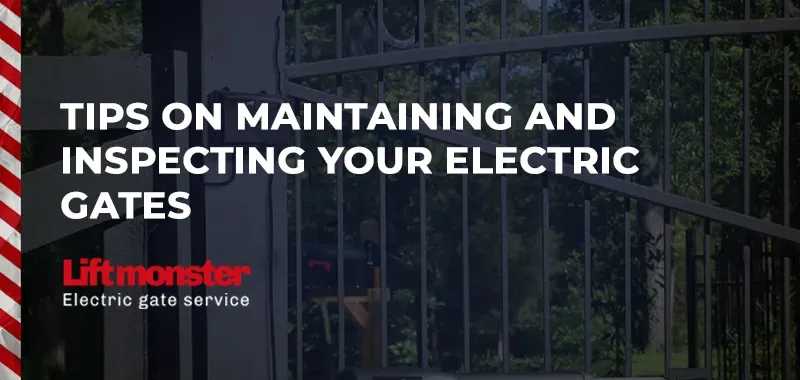
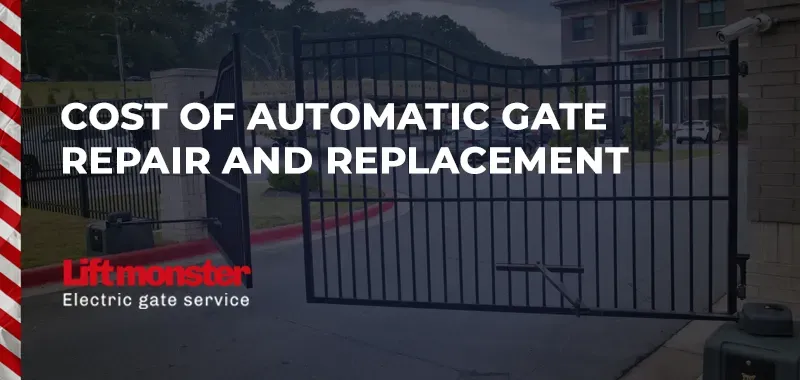
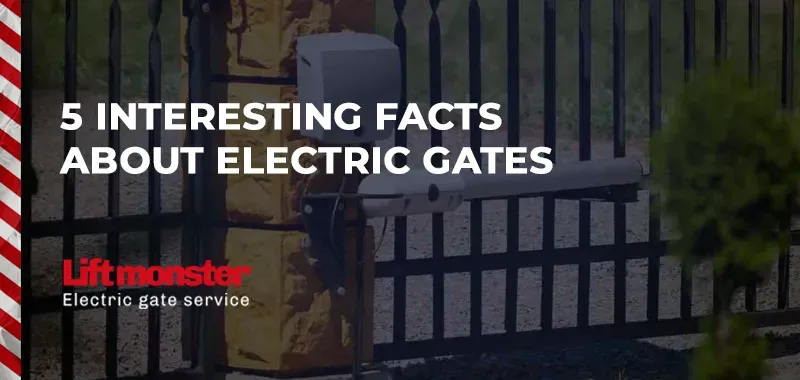
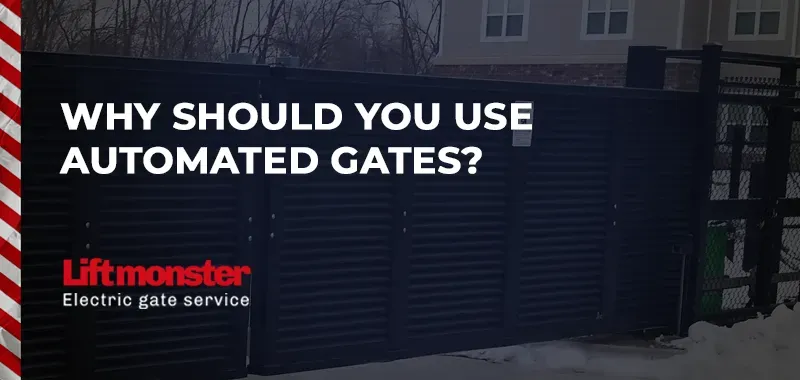
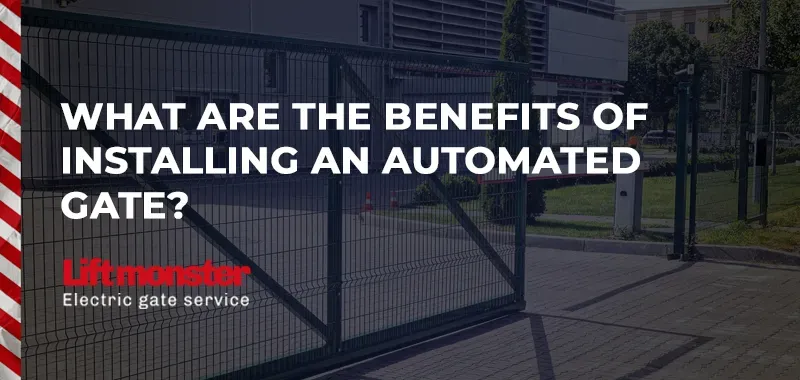
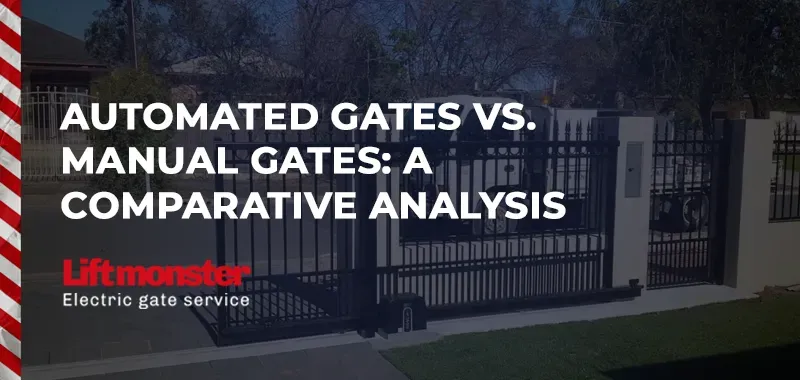
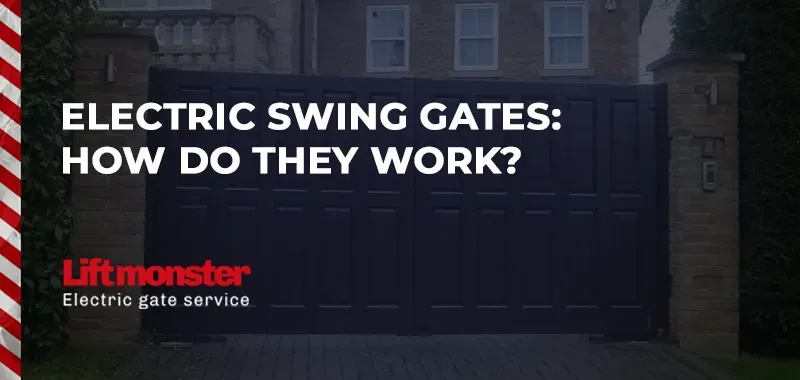
Copyright 2024 Lift Monster LLC
Design and Manage By Magenta SEO


